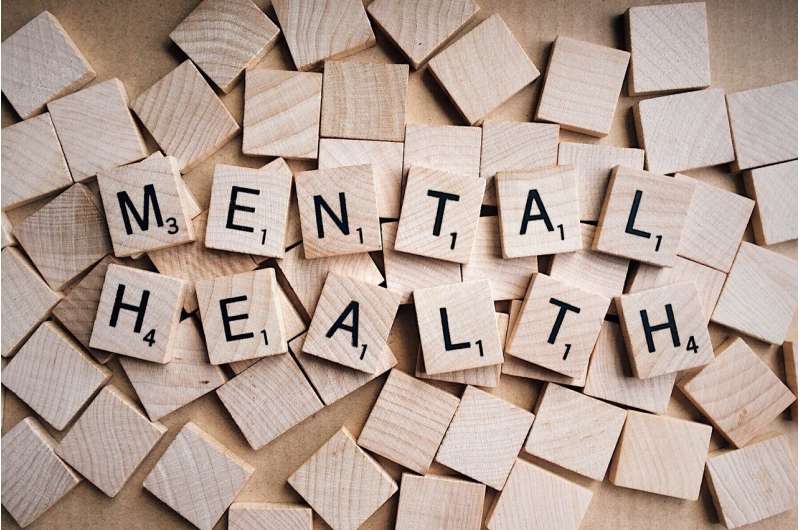Understanding Psychosocial Therapy and Its Potential Inclusion in Medicare for Children

Learn about psychosocial therapy and the government's considerations to include it in Medicare for young children with developmental needs. Early intervention supports mental health and enhances development through tailored social and emotional care.
The government is exploring the possibility of incorporating psychosocial therapy into Medicare, particularly for young children requiring developmental support. This initiative is part of the broader 'Thriving Kids' program, which aims to identify and assist children with developmental concerns, including autistic children. As part of this effort, new bulk-billed health checks are being considered for 3-year-olds to detect early developmental issues and facilitate timely referrals.
Psychosocial therapy refers to treatments that address the emotional, cognitive, and social factors influencing a child's mental health and well-being. These therapies focus on both the child's internal experiences and their social environment, including family, peers, and community. Such supports are essential, especially for children displaying signs of anxiety, behavioral challenges, or developmental delays.
Developmental milestones in early childhood, such as crawling, speaking, and social interaction, occur rapidly during the first five years of life. Natural variations mean children develop at their own pace, but early detection of delays can enable targeted interventions like psychosocial therapy, which has demonstrated significant benefits.
Evidence shows that psychosocial interventions are effective and are considered best practices among health professionals working with children. These approaches are often biopsychosocial, acknowledging the interplay of biological, psychological, and social factors affecting development. For very young children, family-centered therapies like behavioral family therapy and parent training are common, helping caregivers learn strategies to support their child's growth.
For older children, psychosocial support may include cognitive-behavioral therapy (CBT) or interpersonal therapy, aimed at improving emotions, thoughts, and social relationships. Importantly, these therapies are often delivered by psychologists or occupational therapists.
The inclusion of psychosocial therapy in Medicare is supported by robust evidence indicating early interventions can improve development, behavior, self-regulation, and executive functioning. Supporting parents and caregivers is also a critical component, involving education, training, and practical support to foster a nurturing environment.
While early psychosocial support provides essential benefits, it should complement ongoing disability support services. Some children will continue to require assistance into later childhood and adulthood. Overall, integrating psychosocial therapy into Medicare could offer significant benefits for children's mental health and developmental outcomes.
Stay Updated with Mia's Feed
Get the latest health & wellness insights delivered straight to your inbox.
Related Articles
The Need for More Research to Support Women with Mental Illness During Menopause
Research highlights significant gaps in support for women with mental health conditions during menopause, emphasizing the need for targeted psychoeducation programs to improve health outcomes.
First-Year Experiences of First-Time Parents in Denmark: Insights from Recent Research
A comprehensive study reveals that most first-time parents in Denmark feel confident and competent during their child's first year, emphasizing the importance of tailored support and evolving parental roles.
Rising Number of Michigan Children Losing Parents to Overdose, Suicide, and Homicide
A new study highlights the rising number of Michigan children losing parents to overdose, suicide, and homicide, emphasizing the need for targeted bereavement support and public health intervention.



